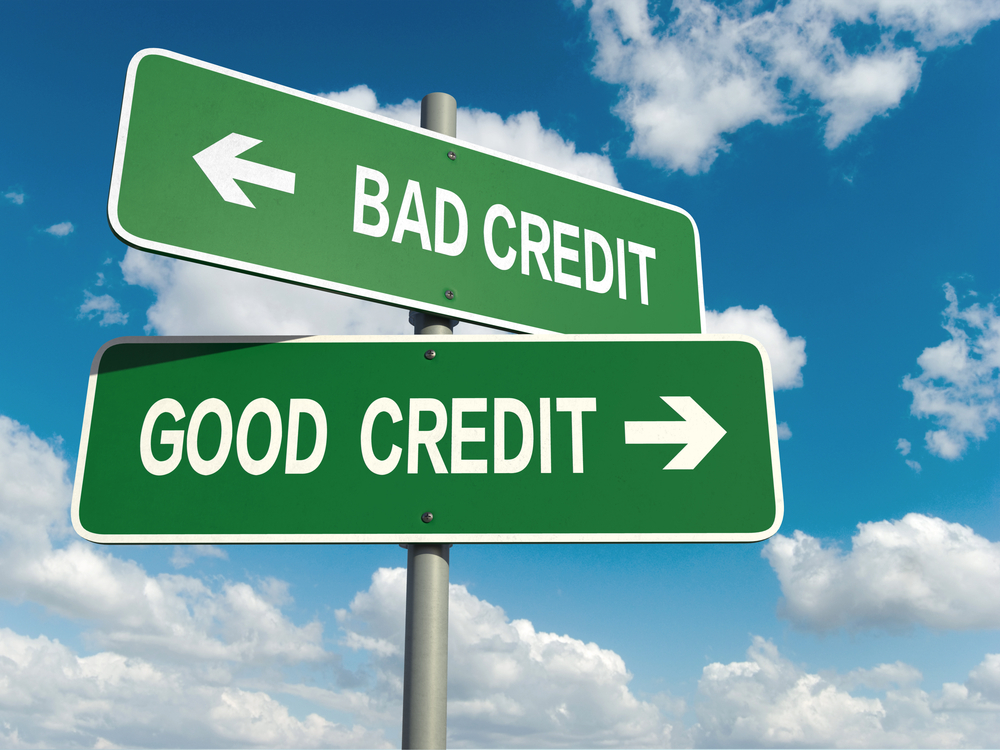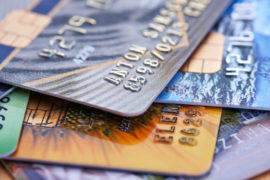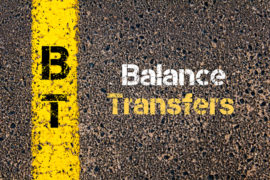There are almost three million people who make use of different credit facilities in the United Arab Emirates, whether it is in the form of loans or credit cards, with all users having access to an average of over 2.5 credit lines.
It is essential for everyone to be mindful of Al Etihad Credit Bureau (AECB) reports and the credit score they have.
All financial dealings within the UAE are monitored by the credit bureau, which makes an assessment and then issues a report indicating the likeliness of an individual to honour their financial liabilities.
According to UAE-based financial advisor Damodhar Mata, the establishment of international best practices has been swiftly achieved by the United Arab Emirates.
Mata says that the UAE has ensured that in just a few short years, 99.9% of people are covered under the Emirates ID, while the AECB has also increased its collaborations at a rapid rate, and credit scores and reports will soon be a requirement for every payment-related service.
There are currently over 100,000 subscribers in the AECB who make use of credit scores and reports to work out a person’s creditworthiness, and this does not just include standard financial institutions and banks.
The AECB’s CEO Marwan Ahmad Lutfi says that in 2018, the credit bureau began receiving requests for credit information access from non-financial institutions.
The AECB has also been approached for information by the likes of government entities, car rental firms and telecommunication companies.
The rate at which credit information is being synthesised and processed by the AECB demonstrates the country’s maturing financial environment.
With many people likely to become a lot more financially astute and responsible in their dealings when credit reports can be accessed by banks, landlords, telecom firms and more, and may even prevent some people from accumulating an unsustainable amount of debt.
The first step that needs to be taken, however, is to get the report and go through it while attempting to understand it.
Many people come to the AECB to get their credit reports after rejections of loan or credit card applications from banks, but Lutfi says that people should be making a conscious effort to gain access to their report to be aware of their credit standing in general and that the AECB is trying to spread understanding of this.
The AECB issues a three-digit credit score that ranges from 300 to 900 – 300 to 616 is seen as a poor score, 620 to 679 is viewed as fair, and between 680 and 730 is seen as a good score, while anything over 730 is regarded as excellent.
The good news is that low credit scores do not have to stay that way forever, and while they can go down, they can also increase with regular payments on loans or credit card debts being made on time.
A low credit score is therefore not a cause for undue concern, as it can be easily increased by sticking to the established payment timelines.




